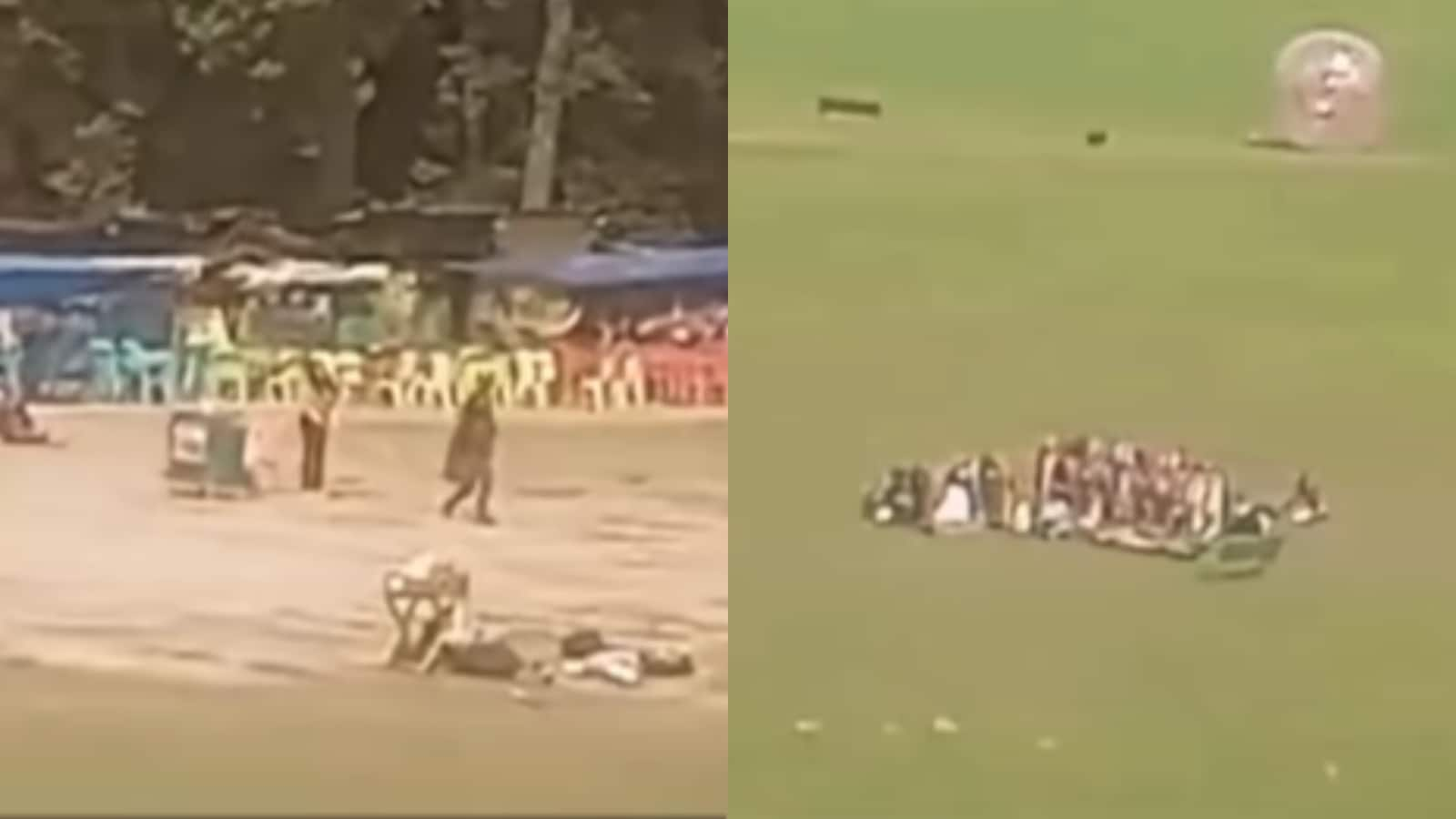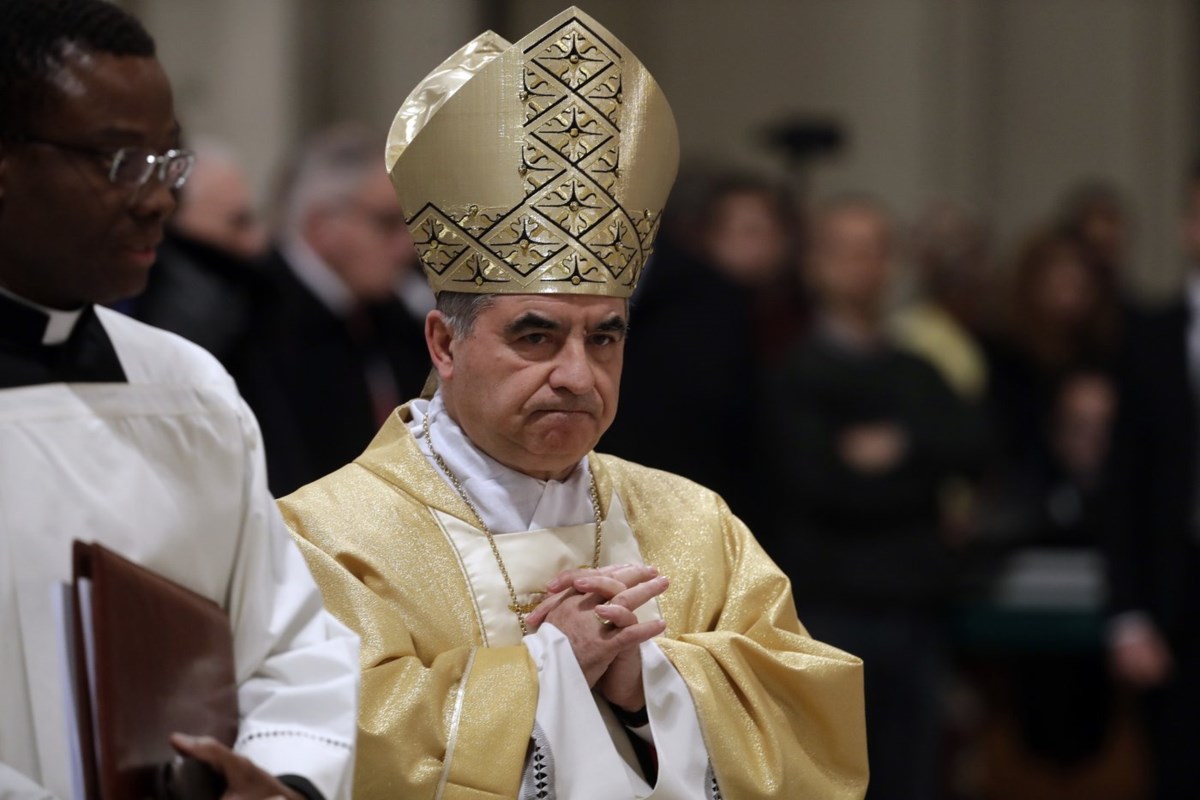OPINION | Denying Religious Factor In Pahalgam Terror Attack Is An Act Of Covering The Reality

The entire country was left shocked after Islamic terrorists (numbers ranging from four to six) killed 25 tourists and one local horse rider on April 22 in the Baisaran valley of Pahalgam located in Anantnag district of the Kashmir valley. The eyewitnesses have claimed terrorists checked identity cards to confirm whether they were non-Muslims and later killed them by singling out male non-Muslims, who were mostly Hindus by faith. Some were killed by the terrorists after they failed to recite the Kalma (phrase articulating the Islamic faith). A tourist was seen in the video saying that her husband was shot dead by the terrorists after they felt he wasn’t a Muslim. A Bengali Hindu professor from Assam clearly stated that he saved himself from the terrorists after reciting Kalma while a tourist from Madhya Pradesh was shot dead after he failed to recite the Kalma and identified himself as a Christian. Another Hindu tourist from West Bengal was shot dead after he failed to recite the Kalma. There are many such stories and these aren’t fabricated ones as these are narrated by the eyewitnesses. As usual, the “seculars” under the guise of “secularism” have started the game to deny the religious angle behind the barbaric killings of the tourists. Some “secular politicians” have jumped into the debate and doubted, if not completely denied, the religious factor behind the killings. An elected MLA of Assam, Aminul Islam from the All India United Democratic Front (AIUDF), went ahead and even claimed that the Pahalgam terror attack was a “government conspiracy”. The legislator has been arrested by the Assam police after getting instructions from Chief Minister Himanta Biswa Sarma and even his party AIUDF led by Badruddin Ajmal has distanced from the controversial statement. The denial of the religious factor behind the killings is based on some statements given by some eyewitnesses to the media. However, when these statements are heard, it becomes clear that these eyewitnesses, who claim that they haven’t heard terrorists asking the religious identity, didn’t come face to face with the terrorists. These eyewitnesses, after hearing the gun shots and sensing that the Baisaran valley was no longer safe, left the place in a hurry having no time to look behind. They only heard the sounds of gun shots, enough to send shivers to them. The stories of the eyewitnesses — those who say they heard terrorists asking for religious identity and those who didn’t hear — aren’t contradictory. The fact is that not everyone was lucky. Some had to witness in front of their eyes the cruelty of the terrorists who shot dead in cold blood their near and dear ones after checking their religious identity. Are these eyewitnesses lying at a time when tragedy out of nowhere has befallen suddenly on their lives? Definitely not. The reasons for the denial of the religious angle behind the killings is because the flag bearers of secularism, the eminent intellectuals and a section of journalists, have always denied the fact of Hindu persecutions. This syndrome was seen 35 years back when the Hindu minorities, the Kashmiri Pandits, were forced to leave the Kashmir valley after some members of the community were killed by the Islamic terrorists. This issue never received the limelight it deserved across the country until and unless a film named The Kashmir Files, depicting the true events of the 1990s, was released in 2022. Even then, these flag bearers of secularism had a problem with the film and accused it of promoting communal hatred in the country. The secular ecosystem’s denial has a BJP factor, more properly the Rashtriya Swayamsevak Sangh factor. They remain worried about the RSS and its affiliate bodies, including the BJP, exploiting the majoritarian anger to use against the minorities, if the issues of Hindu persecutions get the limelight. Their imagined worries resulted in ignoring the issues of Hindus whether it’s the persecution of Hindus in the Kashmir valley or in Tripura or any other part — and the same syndrome is now being seen in case of the Pahalgam terror attack, despite evidences clearly indicating killings done because the victims happened to be non-Muslims, mostly Hindus. This belief of ignoring the plight of the majoritarian Hindus itself is a misguided one and this belief, propagated by the secular ecosystem, has only deepened the social divisions by indirectly helping the anti-Hindu fundamentalists. This worry itself shows how this ecosystem is never really concerned about the communal divisions of the society but is more interested in serving the political agenda of their masters by only pinning the blame on the BJP and RSS. This misguided approach has given rise to majoritarian Hindu polarisation in the country. For this, neither the BJP nor the Sangh Parivar is actually responsible. When Hindus are ignored, they are forced to unite and this results in polarisation and they tend to vote for the political party or alliance where this secular ecosystem doesn’t have a say in formulating policies. This time, too, it’s not different. These intellectuals are writing commentaries based on their imagined concerns that following the Pahalgam terror attack, Indian Muslims are in threat — a typical case of keeping the communal pot boiling under the guise of secularism. The secular ecosystem is also blaming the Centre for the security lapses responsible for the terror attack. The BJP-led Centre, which got blinded by its own created bubble of Naya Kashmir, has to share the big blame for failing to protect the tourists from the guns of the terrorists. Prime Minister Narendra Modi and the BJP-led ecosystem never failed to propagate the bubble of all-good in Naya Kashmir following the abrogation of Article 370. Though following the abrogation of Article 370, one can’t deny the fact that Kashmir has been relatively peaceful, but the Pahalgam terror attack burst this bubble of all-good and showed that despite some gains in terms of law and order, Kashmir valley still has a long road to achieve peace with terrorism receiving support among a section of the Kashmiris. It is logical to blame the Centre, particularly the Union Home Ministry, which has been managing the security infrastructure in Jammu and Kashmir since the abrogation of Article 370, for the security lapses, otherwise such a large scale attack wouldn’t have been possible. The Centre needs to take the blame and fix the existing loopholes to prevent such large scale terrorist attacks. Having said this, only blaming the Centre while denying Islamic radicalism behind the Pahalgam terror attack is also an act of covering the truth. The deployment of communal tactics by the secular ecosystem under the guise of protecting secularism by falsely equating criticism of Islamic terrorism and its pawns with common Muslims of the country is a dangerous trend. Such kind of propaganda only results in widening the communal divide within the country and such fissures are then exploited by the Islamic terrorists. So by denying the religious angle behind the barbaric killings of tourists, mostly Hindus, the secular ecosystem is not only whitewashing the actions of Islamic terrorists but also suppressing the truth of existence of the Islamic terrorism, which targets not only non-Muslims but also common Muslims like the local horse rider who was also killed in the attack as he was trying to save the tourists. One shouldn’t forget that in the fight against Islamic terrorism, only fixing security loopholes aren’t enough; the methods employed by them to commit cruelties as seen in the Baisaran valley also need to be exposed so as to make common people aware about the threat it poses for humanity. Sagarneel Sinha is a political commentator. Views expressed in the above piece are personal and solely those of the author. They do not necessarily reflect News18’s views.

















